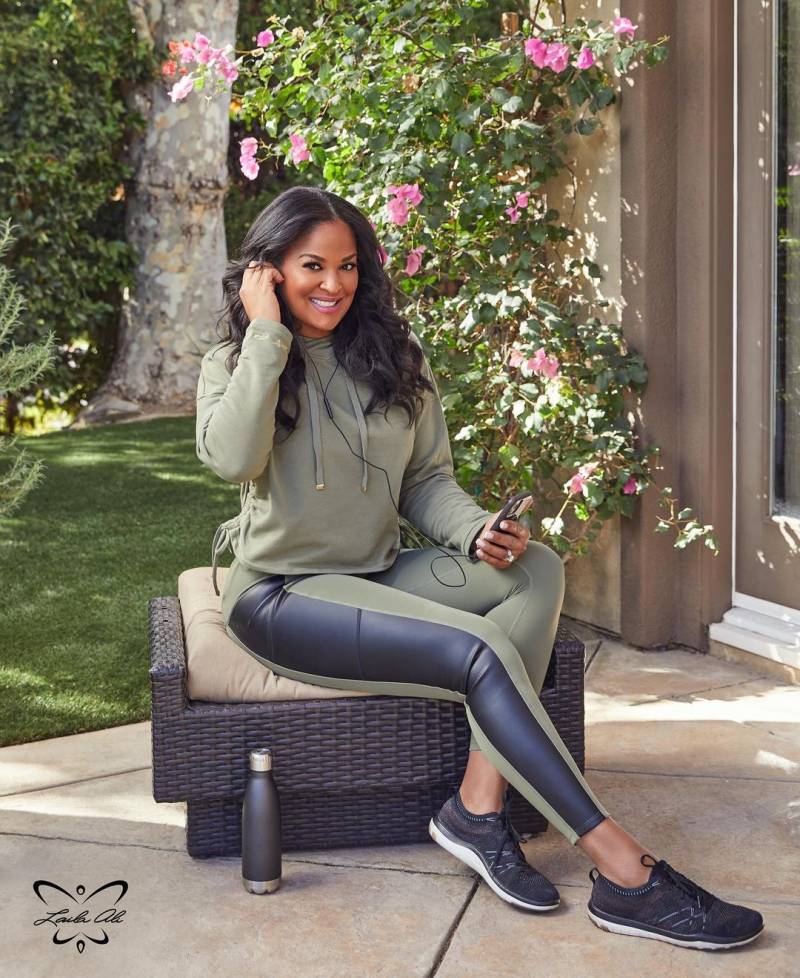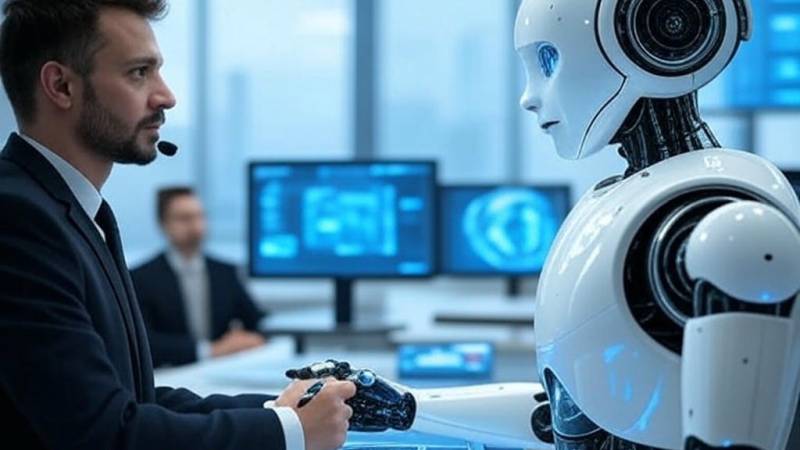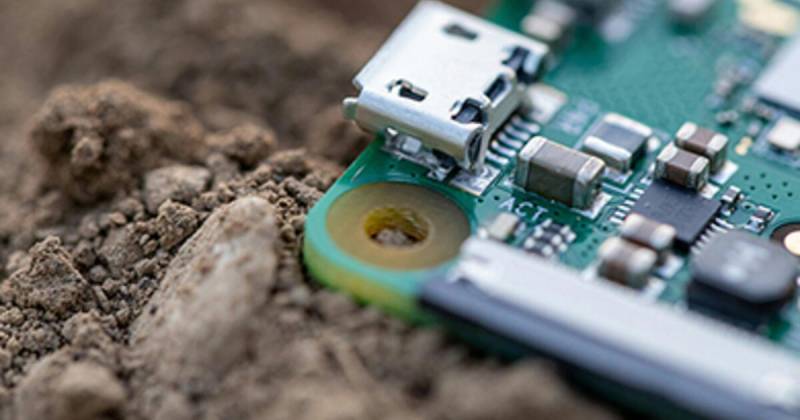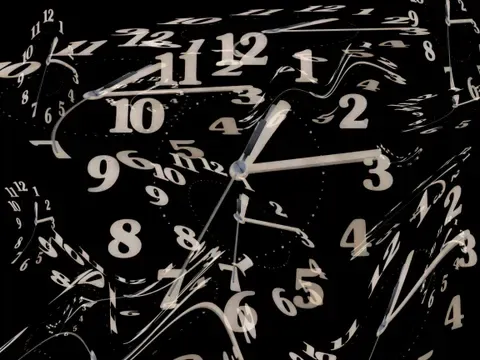Ali, like her legendary father, became a boxing champion, but the pair had to overcome "a really difficult time" when he realized she intended to enter the ring - "he wasn't happy."
"I don't know any other father but Muhammad Ali, so it's practically like having Superman as your father to me." 'Oh, okay,' it's just like that. He goes out into the world and saves it. He has the ability to fly. "It's just what he does," Ali, 44, says.
"However, I believe it has shaped the way I view people," she continues. "It's like, 'What are you doing to make the world a better place?'" What are you doing with yours platform to make a difference? Are you uplifting other people? Are you a good role model to children? All those things are so important to me, and I think it's because of the example that my dad set and that foundation that he laid. It definitely makes me want to strive for excellence. And it just gives me a rich sense of pride like, 'Oh, wow, we have the same DNA.'"
Ali gradually discovered the full scope of her father's cultural and political influence.
"My whole outlook on life is my belief in myself, my belief in other people, my understanding of us all being connected, the humility that I have towards other human beings — that all really is ingrained in me from my father," 'Never step on people to get ahead,' my father always advised. I believe there is ample room for everyone to achieve success in life."
"I never looked at my father and thought, 'Oh, I can do that too." "Seeing women boxing gave me the idea that I could do it because it wasn't even a woman's sport in my mind."
For about a year, boxing "kept calling me, so I decided to go to the gym and start training in secrecy to see if I had what it took because I understood the magnitude of Muhammad Ali's daughter becoming a fighter and I knew if I was going to face the world, I had to feel confident and ready."
Once Ali's father found out she was following him into the ring, he "wasn't happy." In fact, she says, "He literally tried to talk me out of it," citing the pressure of being his daughter and the belief that boxing was "a man's sport."
"He laid out everything that I already knew," she recalls. "'Well, what happens if you're knocked out and everyone is watching you and you're on the canvas with lights beaming down and an audience?' he continued. 'Dad, if I'm knocked down, I'm going to get back up like you did,' I said."
"I respect you Dad, but I've already made up my decision," she eventually informed her father, adding, "Of course, he ended up supporting me as his daughter."
"He said he was sorry, that he was wrong, and that... he was proud of me, and it just brought us both to tears," she recalls.
"Next thing I know, he's trying to teach me how to jab," she says. In boxing, that is the first punch you learn. 'Really?' I think to myself. You're trying to teach me how to jab after I just won this championship?' But, of course, you accept Muhammad Ali's offer to teach you something."
"I altered his perspective about me, about women's boxing, about the constraints he had on his head for women," Ali acknowledged at the time.
"I'm looking at one of my [World Boxing Council] Championship belts," Ali says. Ali retired in 2007, but she keeps the mementos of her greatest victories at her home. He wears the same belt as my father, and it's one of the most coveted title belts in the world, and they have my picture for the female side, "So every female that gets a belt has my picture on her belt, and every male champion has my father's picture, which is pretty amazing."




